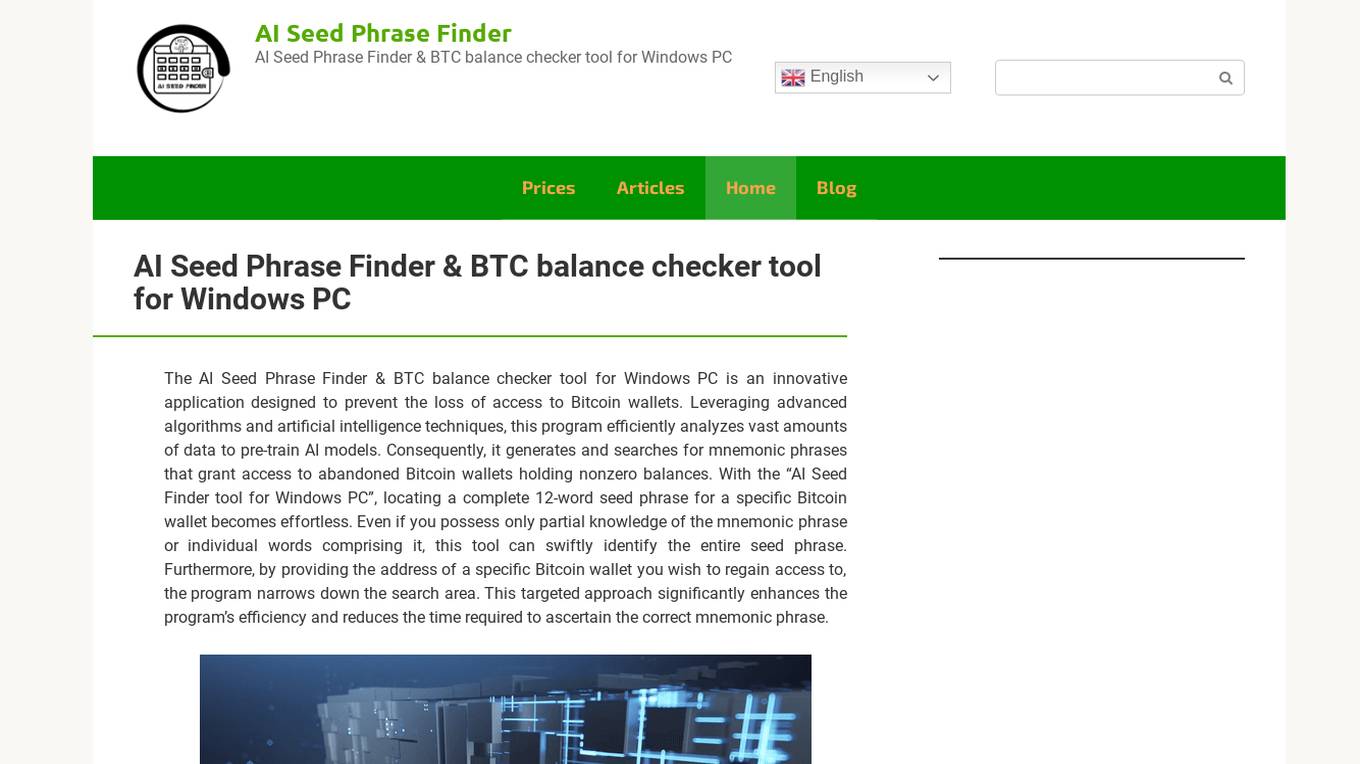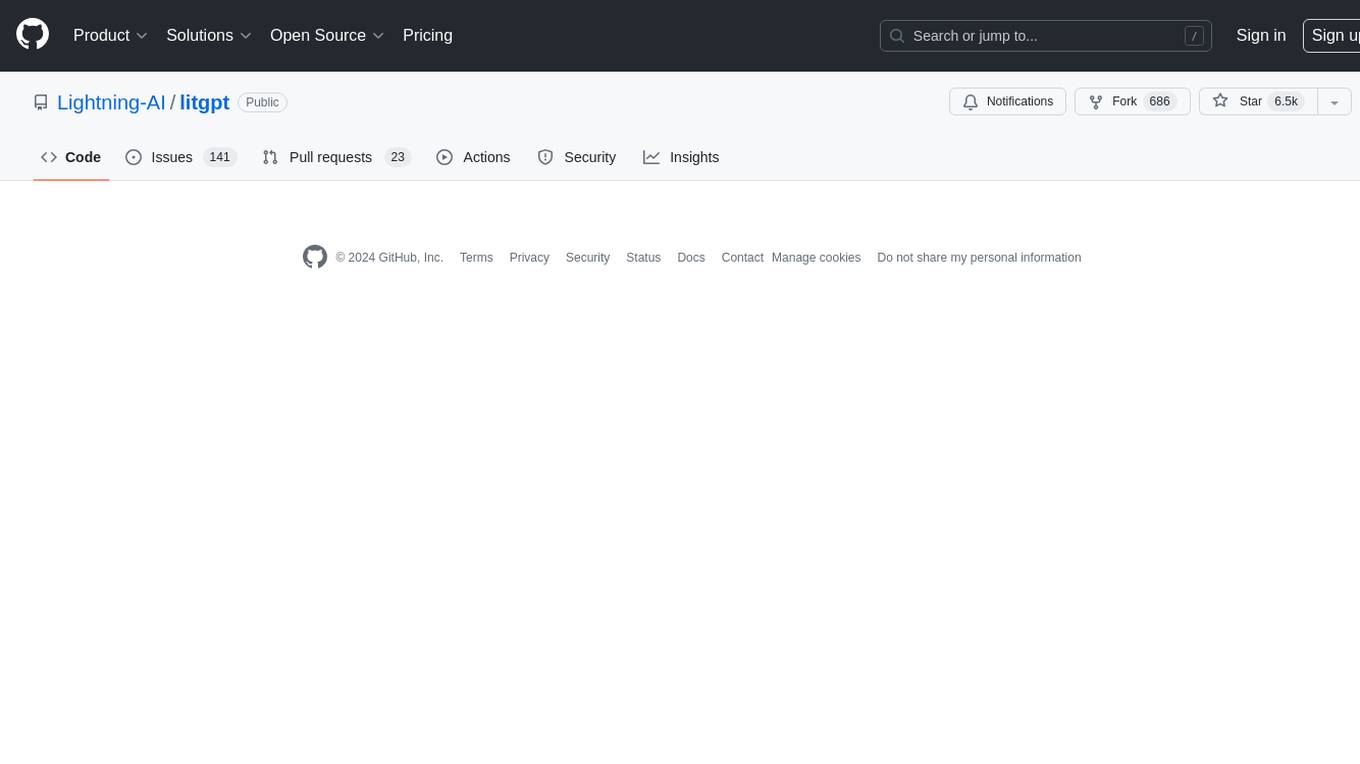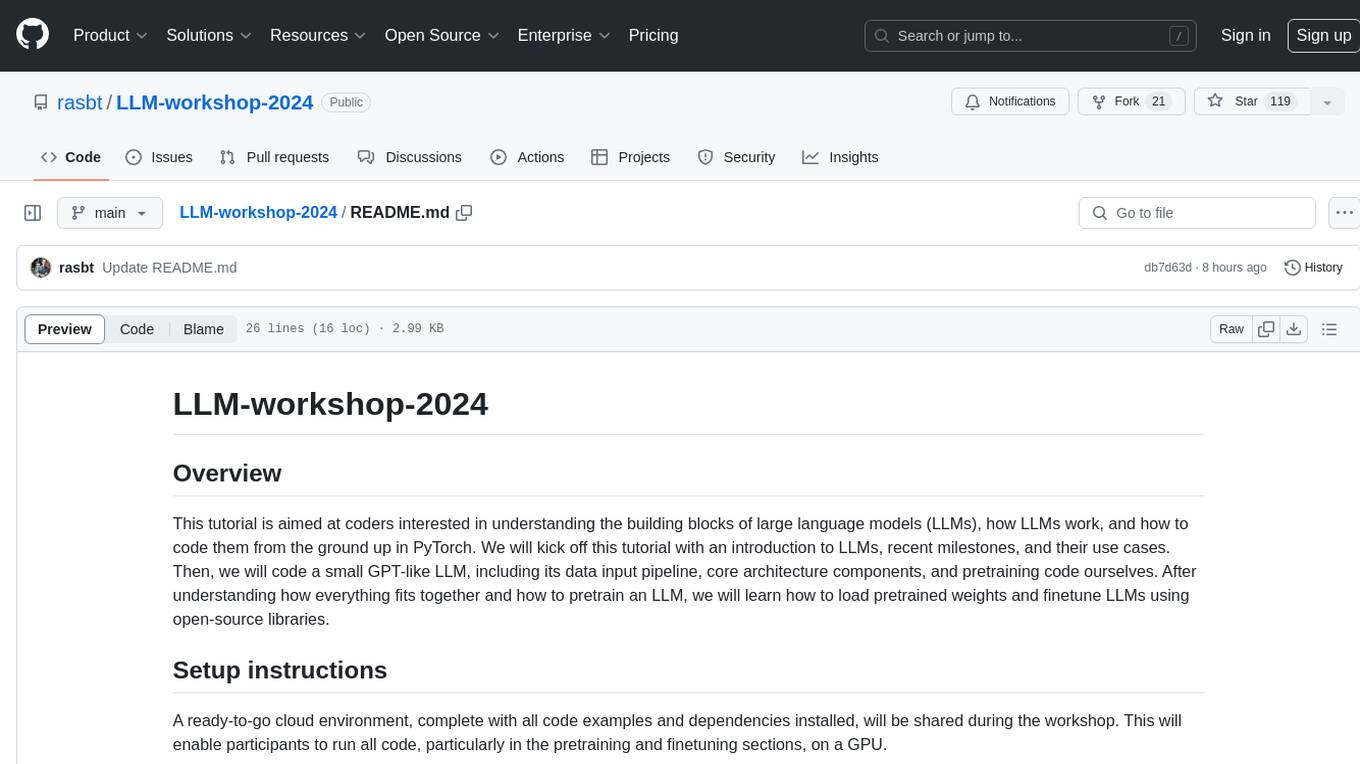Best AI tools for< Pretrain Llms >
1 - AI tool Sites

AI Seed Phrase Finder & BTC balance checker tool for Windows PC
The AI Seed Phrase Finder & BTC balance checker tool for Windows PC is an innovative application designed to prevent the loss of access to Bitcoin wallets. Leveraging advanced algorithms and artificial intelligence techniques, this program efficiently analyzes vast amounts of data to pre-train AI models. Consequently, it generates and searches for mnemonic phrases that grant access to abandoned Bitcoin wallets holding nonzero balances. With the “AI Seed Finder tool for Windows PC”, locating a complete 12-word seed phrase for a specific Bitcoin wallet becomes effortless. Even if you possess only partial knowledge of the mnemonic phrase or individual words comprising it, this tool can swiftly identify the entire seed phrase. Furthermore, by providing the address of a specific Bitcoin wallet you wish to regain access to, the program narrows down the search area. This targeted approach significantly enhances the program’s efficiency and reduces the time required to ascertain the correct mnemonic phrase.
2 - Open Source AI Tools

litgpt
LitGPT is a command-line tool designed to easily finetune, pretrain, evaluate, and deploy 20+ LLMs **on your own data**. It features highly-optimized training recipes for the world's most powerful open-source large-language-models (LLMs).

LLM-workshop-2024
LLM-workshop-2024 is a tutorial designed for coders interested in understanding the building blocks of large language models (LLMs), how LLMs work, and how to code them from scratch in PyTorch. The tutorial covers topics such as introduction to LLMs, understanding LLM input data, coding LLM architecture, pretraining LLMs, loading pretrained weights, and finetuning LLMs using open-source libraries. Participants will learn to implement a small GPT-like LLM, including data input pipeline, core architecture components, and pretraining code.